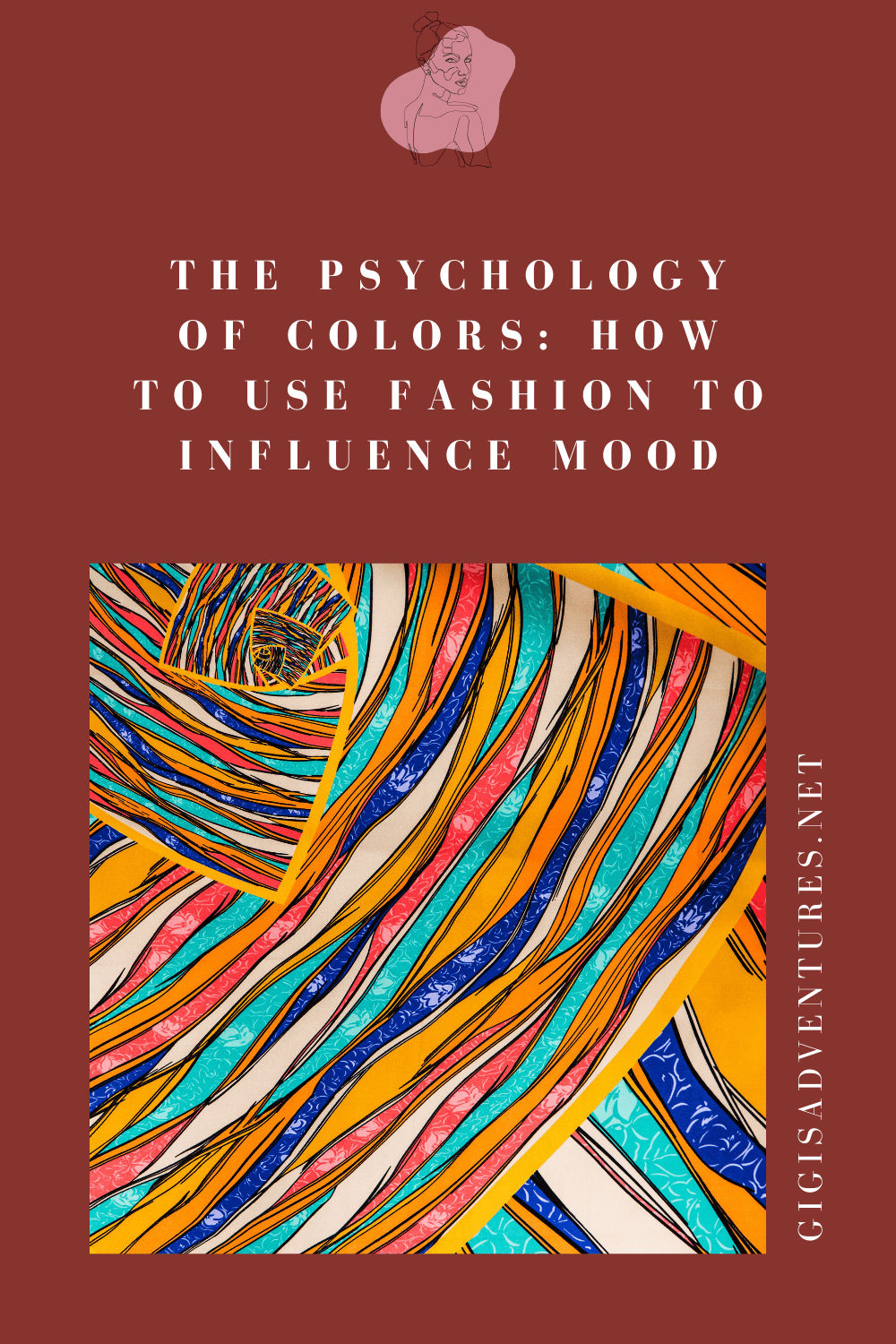The Psychology of Colors: How to Use Fashion to Influence Mood
Mood-enhancing fashion? That’s it! In this article, we’re going to dive deep into the fascinating world of color psychology in relation to fashion – and how you can use it to your advantage!
Do you want to glow up using the Dark Feminine method? Click here!
Hey, pretty people!
In today’s blog post, we’re diving deep into the psychology of color – more specifically, its relationship with fashion.
It may sound complicated and, frankly, downright boring – however, I promise it’s going to be quite a captivating read!
By harnessing the principles of color psychology, we can strategically use fashion to influence not only our own mood but also the perceptions and emotions of those around us.
Whether we seek to inspire or captivate, our choice of colors can serve as a powerful tool to achieve our desired outcomes!
So, are you ready to find out more about the psychology of color in fashion?
Let’s get started!

BEFORE WE START
Before diving deeper into the process, let’s quickly talk about the basics of color associations.
It’s crucial to have a basic understanding of each shade for this purpose!
WARM TONES
Warm colors like red, orange, and yellow are known to be energizing and stimulating.
If you’re looking to evoke feelings of excitement or enthusiasm, incorporating these hues into your outfit can help you achieve that goal.

COOL TONES
Cool colors such as blue, green, and purple are often associated with calmness, tranquility, and relaxation.
These colors can be particularly effective in creating a soothing ambiance, making them ideal choices for days when you need a moment of serenity or wish to project a sense of composed confidence.
NEUTRALS
Neutrals like black, white, and gray can be thought of as the chameleons of the color wheel, as their impact largely depends on how they are used.
Black, for example, can add a touch of sophistication and mystery, while white can symbolize purity and simplicity. Gray, being a blend of black and white, can convey a sense of balance and neutrality.
These neutral shades serve as versatile elements that can be paired with other colors to enhance or temper their effects.

IN CONCLUSION
This was the very first part of the Psychology of Colors!
I decided to split this topic in more articles, so it will be hopefully easier to digest. See you soon!
♡ Thank you so much for reading! I hope we kept each other company for a while. Have a wonderful day! ♡


